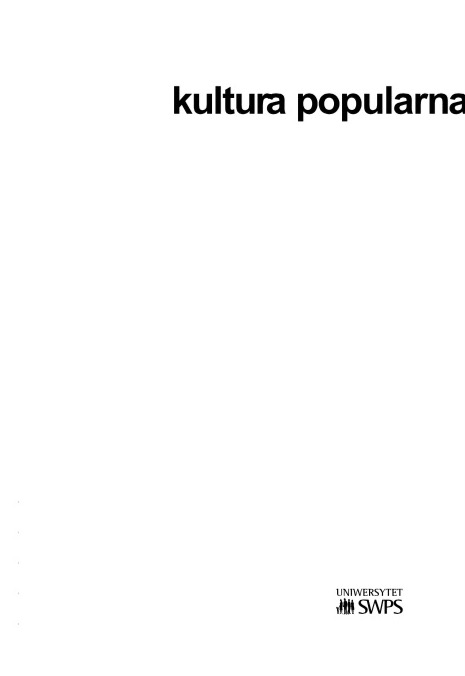The Effect of Technology on Language and the Importance of Language Technologies
The Effect of Technology on Language and the Importance of Language Technologies
Author(s): Rafał UzarSubject(s): Anthropology, Media studies, Computational linguistics, Cultural Anthropology / Ethnology, Culture and social structure , Theory of Communication, Social Theory, Social Informatics, Sociology of Culture
Published by: Szkoła Wyższa Psychologii Społecznej
Keywords: popular culture; language technologies; hypertext; internet; linguistic; typography;
Summary/Abstract: Back in the 1970s, the celebrated writer, scientist and inventor Arthur C. Clarke envisaged a world in which computers could be accessed in one’s own home and could provide us with information to help with our daily needs. Clarke talked about people being able to access their bank accounts and buy theatre tickets with a console the size of a book. A decade later the science fiction writer William Gibson termed the word ‘cyberspace’ in Burning Chrome, a full seven years before Tim Berners‐Lee invented the world wide web in 1989. Hypertext came soon after and with it the explosion that was the internet and the rise of the machines – personal computers, tablets, smartphones and the suchlike. The internet is essentially a gargantuan repository of language, both written and spoken. Hypertext, can be seen as an elegant metaphor for what the internet is, a dynamically evolving receptacle of linguistic information: hyper text. But technology, the internet and personal computing, has not only helped us compartmentalise and store our linguistic resources, it has also helped to fashion our language. Since the birth of hypertext, the virtual world and PCs, technology has had a profound effect on language. Our power to shape language has grown unexpectedly, our access to linguistic tools has expanded exponentially and our communicative abilities have bloomed beyond our wildest dreams. The paper will detail how ‘going online’ has changed our attitudes to language. Ideas of censorship and readership have dramatically altered over the past twenty five years. Technology has liberated language through the new medium that is the internet allowing for unfettered (and undisciplined?) language use.
Journal: Kultura Popularna
- Issue Year: 38/2013
- Issue No: 04
- Page Range: 30-41
- Page Count: 12
- Language: English

